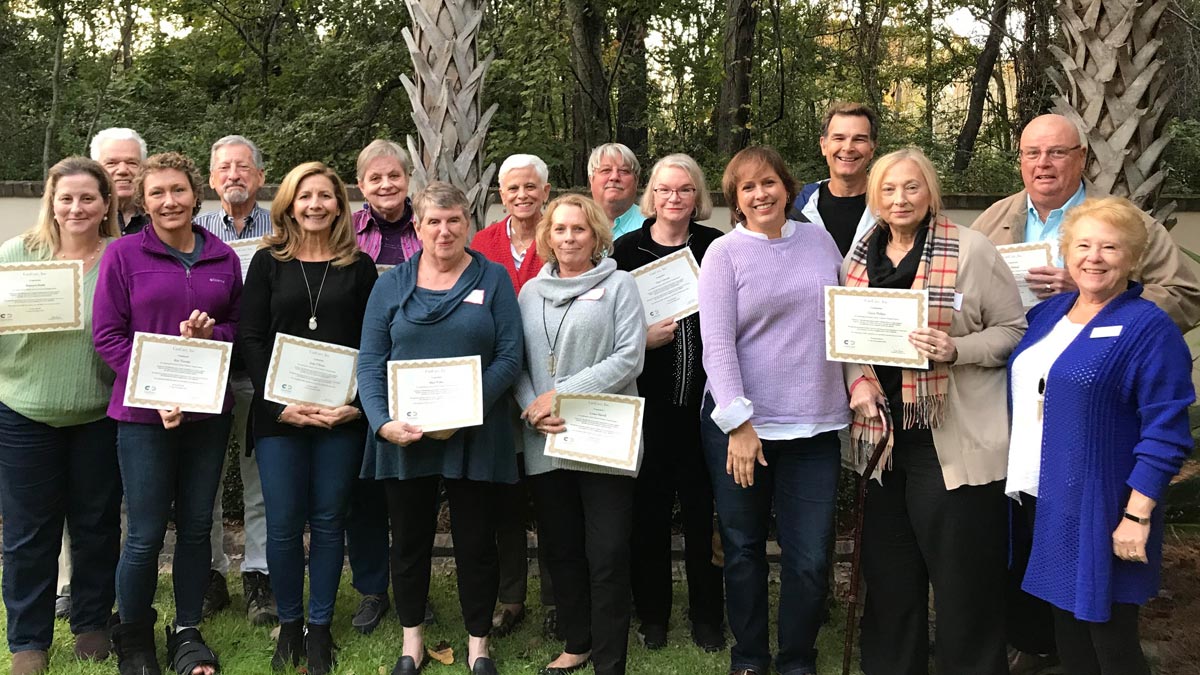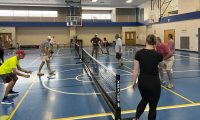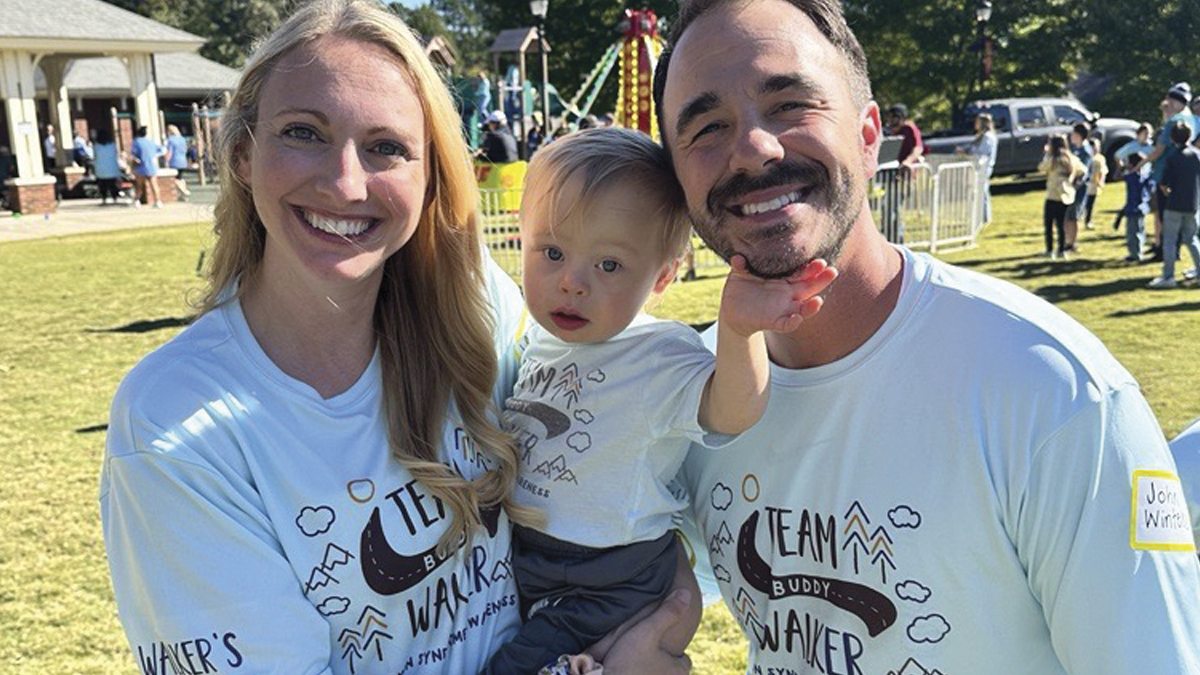When Lynn Joye was diagnosed with breast cancer, she had a strong support system of family, friends and church members. What she didn’t have was ready access to somebody who had battled — and defeated — the same type of cancer.
Months after she finished her treatment for Stage 2 HER2-positive breast cancer, Joye came across the website for CanCare. This national nonprofit organization matches cancer patients with a trained volunteer who has survived the same or similar type of cancer and also matches caregivers with former caregivers.
“It can be hard to find someone who has had exactly the same type of cancer as you have or your loved one has. There are so many different types of cancer, and they each have their own unique challenges and treatments,” Joye said. “To speak with someone who has faced the same type of cancer and treatment is beneficial both practically and emotionally.”
And since there wasn’t a local matching service for cancer patients and their loved ones, Joye decided to start a Charleston-area chapter of CanCare.
“The Lowcountry has incredible medical resources. CanCare offers another layer of support that patients deserve,” she said.
The American Cancer Society estimates that nearly 1.9 million new cancer cases will be diagnosed in the United States in 2021. For American women, the lifetime risk is 1 in 3. For men, it’s 1 in 2.
CanCare Charleston, which is 4 years old, works with patients and caregivers facing all types of cancer – not just breast cancer.
While cancer support groups are available, they may not meet all cancer patients’ needs, Joye said.
“There may be some very personal things that a cancer patient may not want to discuss in a group setting,” she pointed out, adding that many support groups have not been meeting during the COVID-19 pandemic.
Nurse navigators help cancer patients through the treatment process, but they haven’t necessarily experienced cancer themselves.
“Meeting actual survivors on the other side of their cancer journey is reassuring to newly diagnosed patients,” Joye said.
“There’s something about talking to somebody who has been through a particular treatment, surgery or complication. Survivors are people who truly understand what you’re going through,” Joye noted. “The beauty of having a local chapter is that it opens up the possibility of having face-to-face interactions if that’s what the client wants.”
CanCare Charleston has trained more than 45 cancer survivors as mentors and has served over 90 clients in South Carolina this year alone.
Mentors must be at least six months out from their – or their loved one’s – last cancer treatment or surgery and complete a 13-hour training class. Volunteers are entered into a national database and contacted when they have been matched with a client. The volunteer has the freedom to accept or decline.
If they accept the match, the volunteer agrees to contact the client within 48 hours and commit to regular contact by phone, text or email. If the volunteer and patient are both in the Charleston area, they may also meet in person.
“When I was diagnosed, I felt that wave of uncontrollable anxiety and the fear of the unknown,” Joye said. “The beauty of CanCare is that you have a person to talk to on a regular basis, somebody who’s there when you have questions and concerns or when you’re just overwhelmed.”
Joye said the volunteers get as much out of the program as the clients.
“It’s really an invaluable community,” she said. “When you come out of a cancer experience, you’re a different person. Cancer is so life-changing. Cancer taught me so much, and I needed to do something with it. Survivors are ripe to serve, and I wanted to give people the opportunity to do so.”
Joye added, “Cancer survivors are like veterans. We’ve been in a physical and mental war, and, when we come out, we have a lot to process. Participating in a fundraiser or a walk can only do so much. CanCare’s training takes survivors through many thought-provoking exercises in small groups to allow them to verbalize what they’ve been through so they can in turn encourage their clients to verbalize their emotions so they don’t get bottled up and depressed.”
“The beautiful thing about CanCare is that you continue to heal as you help others,” she added. “It is helpful for us, and it gives the newly diagnosed and their loved ones the hope they may not have even known they needed.”







